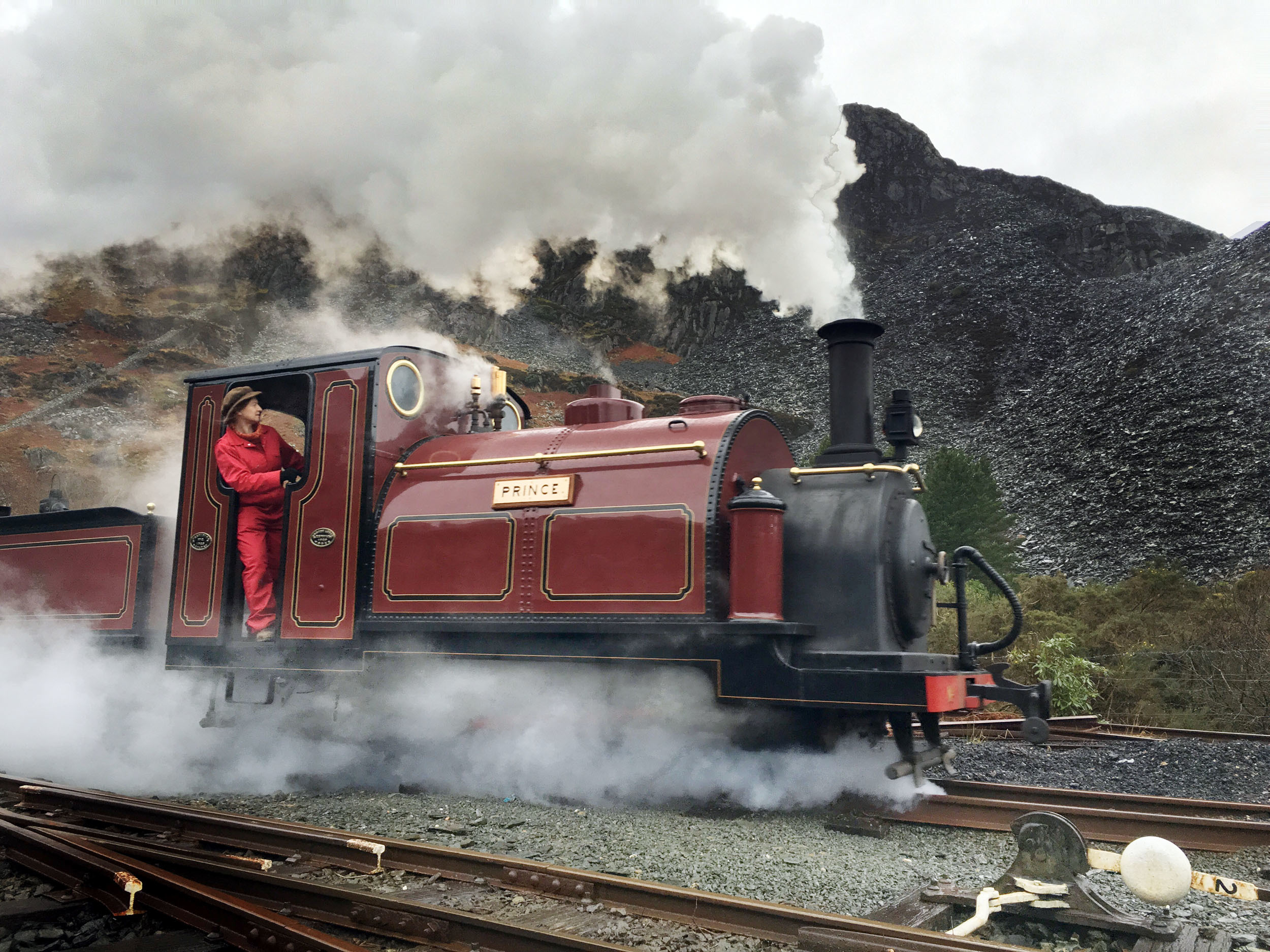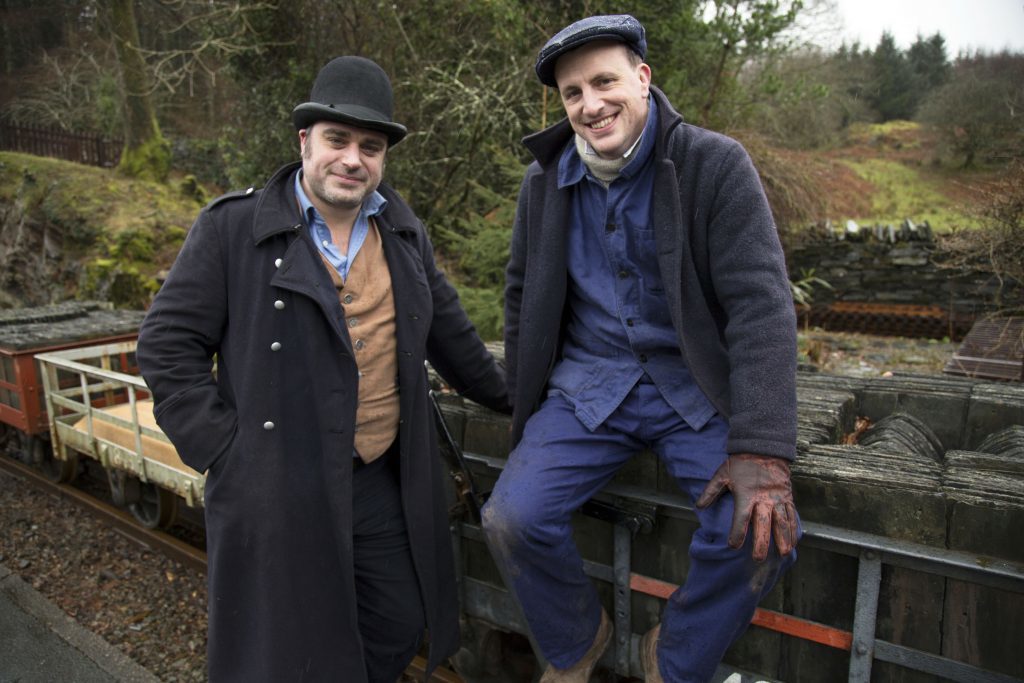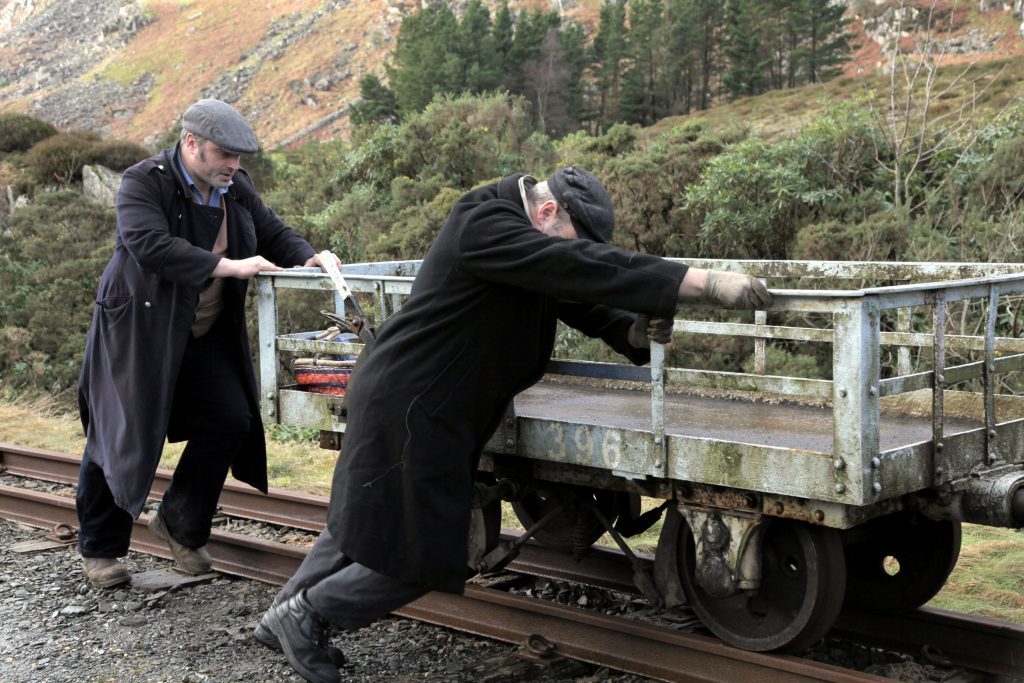
THE internet may have changed the way we live, but its impact pales in comparison to the introduction of railways.
That’s the claim made by historian Ruth Goodman in a new six-part BBC series, Full Steam Ahead, which looks at how 20,000 miles of Victorian rail lines transformed Britain.
And it’s a statement her co-presenter and archaeologist, Alex Langlands, agrees with.
“Think of how digital has changed our world today and you will begin to get some feeling of the changes railways presented,” Alex said. “Transporting things previously took a long time, but then we had a development that allowed produce in the Highlands to go to the south of England in a day.
“The railway had a radical effect on people’s lives – it’s difficult to quantify the level of change it had.”
One industry quick to take advantage of the new rail network was whisky.
“It was the 1860s when the branch line went into the Highlands and a lot of the magnates up there quickly realised what it could mean for business,” he said. “A smaller amount of the spirit had been produced up until then.
“There was a consciousness in Britain of what was available up there because the great and the good of the Empire used to travel north to shoot and they would get a taste for the whisky.
“Railways meant more distilleries being built, mass production and prices coming down. A global industry was built.”
Alex, Ruth and third presenter Peter Ginn also had the opportunity to explore The Flying Scotsman for the series.
“We got to climb into the fire box, which is something they would have done back in the day to check all of the rivets,” Alex continued. “We were sitting in the belly of The Flying Scotsman. I also crawled right up underneath it. To see the train from inside out like that was really something and it was only then I appreciated the scale and accomplishment of it.”
As well as iconic Scottish trains and produce, the trio visit other Victorian railways around Britain, including the Pickering to Whitby line, which transported fish, the Gwili railway in Wales, which moved wool, and the Watercress Line in Hampshire.
Alex added: “Historians are always interested in change and transition in societies and, arguably, in no other period did our island experience such profound change – with the railways at the heart of it all.”
Full Steam Ahead: How Railways Changed Modern Britain, BBC Two, Thursday at 8pm.
READ MORE
Railway crime: Thousands of assaults reported across network
In pictures: Flying Scotsman makes first journey after restoration

Enjoy the convenience of having The Sunday Post delivered as a digital ePaper straight to your smartphone, tablet or computer.
Subscribe for only £5.49 a month and enjoy all the benefits of the printed paper as a digital replica.
Subscribe
